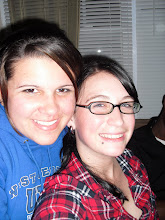My free entry this week is also what I did for my calisthenics exercise. I like it for its alliteration, but I'm not so sure about it as a whole.
“We
need no prompter, the puppets said proudly.”
-Miroslav
Holub
“’We need no prompter,’
the puppets said proudly.”
Proudly they said this,
for other puppets need a prompter
indeed.
A puppeteer, or prompter,
must punch their fist through the
back
of the puppet, pinching pine lips
from the inside, playing with
eyelids,
pulling limbs with the other
hand.
All puppets need prompters,
all but these proud puppets
can proclaim their power
to move without muscle,
to live without life.
These prompterless puppets
proudly proclaim their proclivity
to speak without voice.
